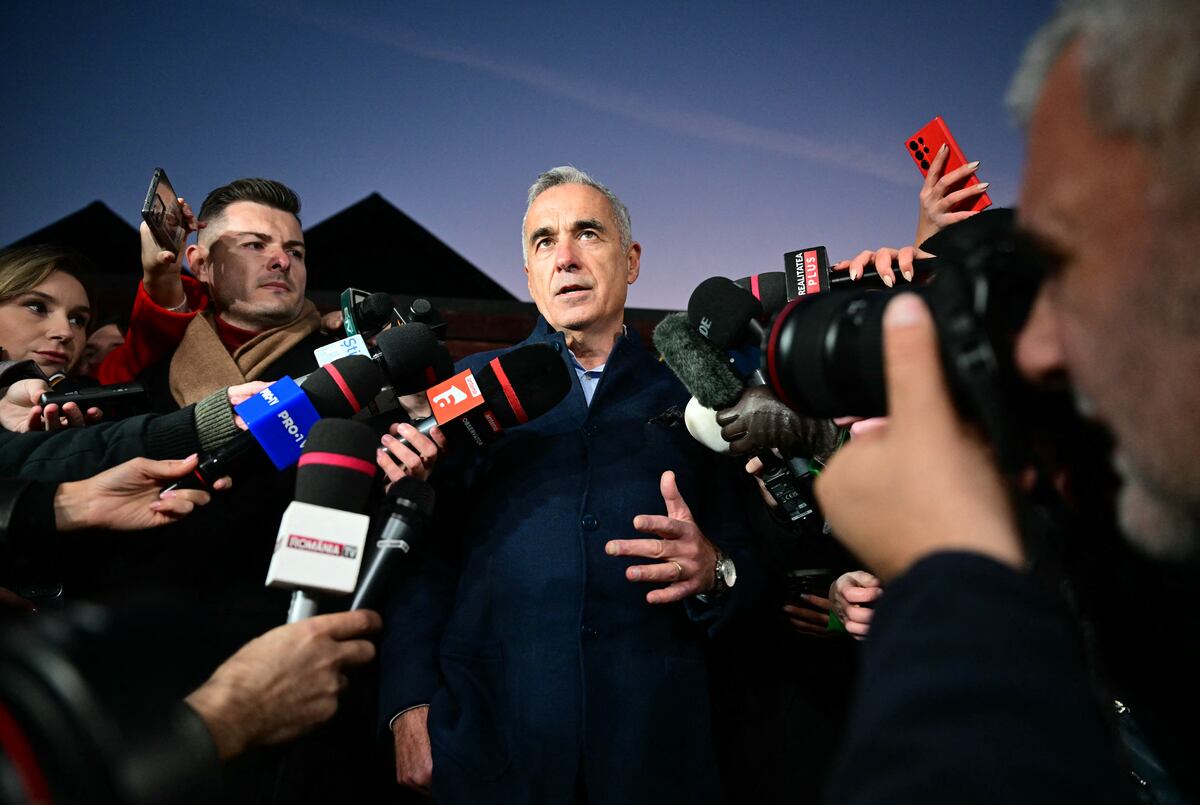The recent annulment of Romania's presidential election run-off highlights a critical juncture for NATO's influence in Eastern Europe, particularly amid rising concerns over Russian interference. Calin Georgescu, a nationalist candidate with pro-Putin sentiments, emerged as a surprising frontrunner in the first round, raising alarms about his potential presidency and its implications for Romania's foreign policy. The Romanian constitutional court's decision to rerun the election stems from reports of aggressive Russian hybrid tactics, including social media manipulation and cyberattacks, which threaten to undermine the country's longstanding alignment with Western alliances. This situation underscores the fragility of Romania's geopolitical stability, given its strategic position bordering Ukraine and its commitments to NATO operations.
The court's ruling not only reflects the immediate need to safeguard electoral integrity but also reveals deeper institutional mechanisms that may mitigate the risks posed by a nationalist presidency. Analysts suggest that Romania's constitutional framework and the distribution of power among government branches would limit Georgescu's ability to unilaterally alter the country's NATO commitments. With pro-NATO parties maintaining a parliamentary majority, the president's influence over foreign policy is constrained, ensuring that any drastic shifts in Romania's alliances would face significant institutional hurdles. As the nation prepares for a rerun of the election, the outcome will be pivotal in determining whether Romania can maintain its strategic alignment with NATO and continue to play a vital role in regional security dynamics.








